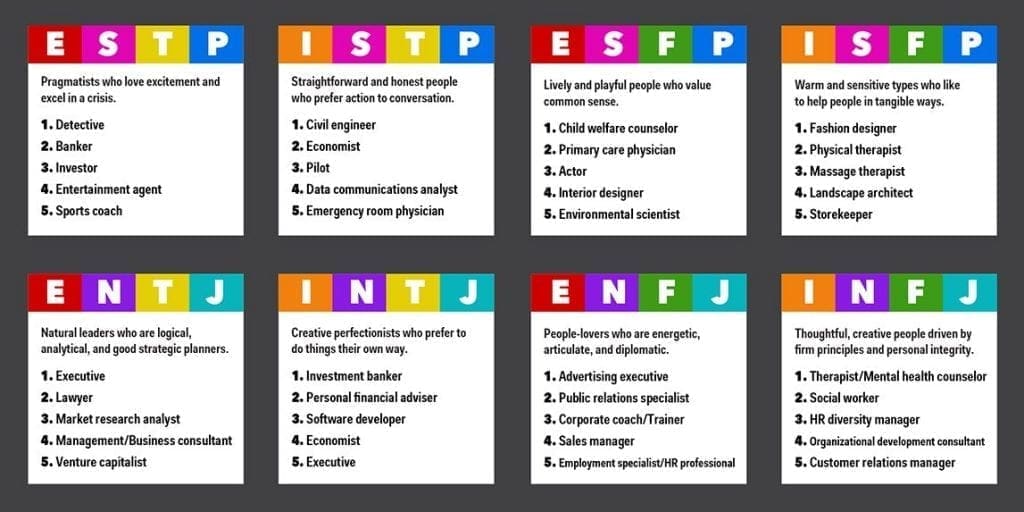Can you see the flaw in this logic (or me)?
I haven’t quite confirmed whether this is a flaw or attribute, but I’m leaning more towards flaw since it’s more disruptive than it is value-adding.
I guess that is why answering surveys would be a hassle for me. I find myself incapable of giving a random answer when questioned (new realisation), everything feels as if there’s a consequence. Even multiple choice questions are tough. That aside, I also find the need to expand my answer, if the options were too vague. It’s exhausting!
Now, consider the following proposition:
If “some men are doctors” and “some doctors are tall,” does it follow that “some men are tall?”
At first glance, I was going to answer yes because I didn’t exactly acknowledge the first two sentences but I know for a fact that “some men are tall.”
Based on logic, it’s a no. Let me explain it this way.
If “some men are doctors” and “some doctors are Sab,” does it follow that “some men are Sab?” – LOLX!
The logical structure didn’t change, but by changing “tall” to “Sab” you can now see how it doesn’t follow.
Anyway, I was doing a questionnaire, chanced upon this question, and then decided to elaborate on it a little.








Responses